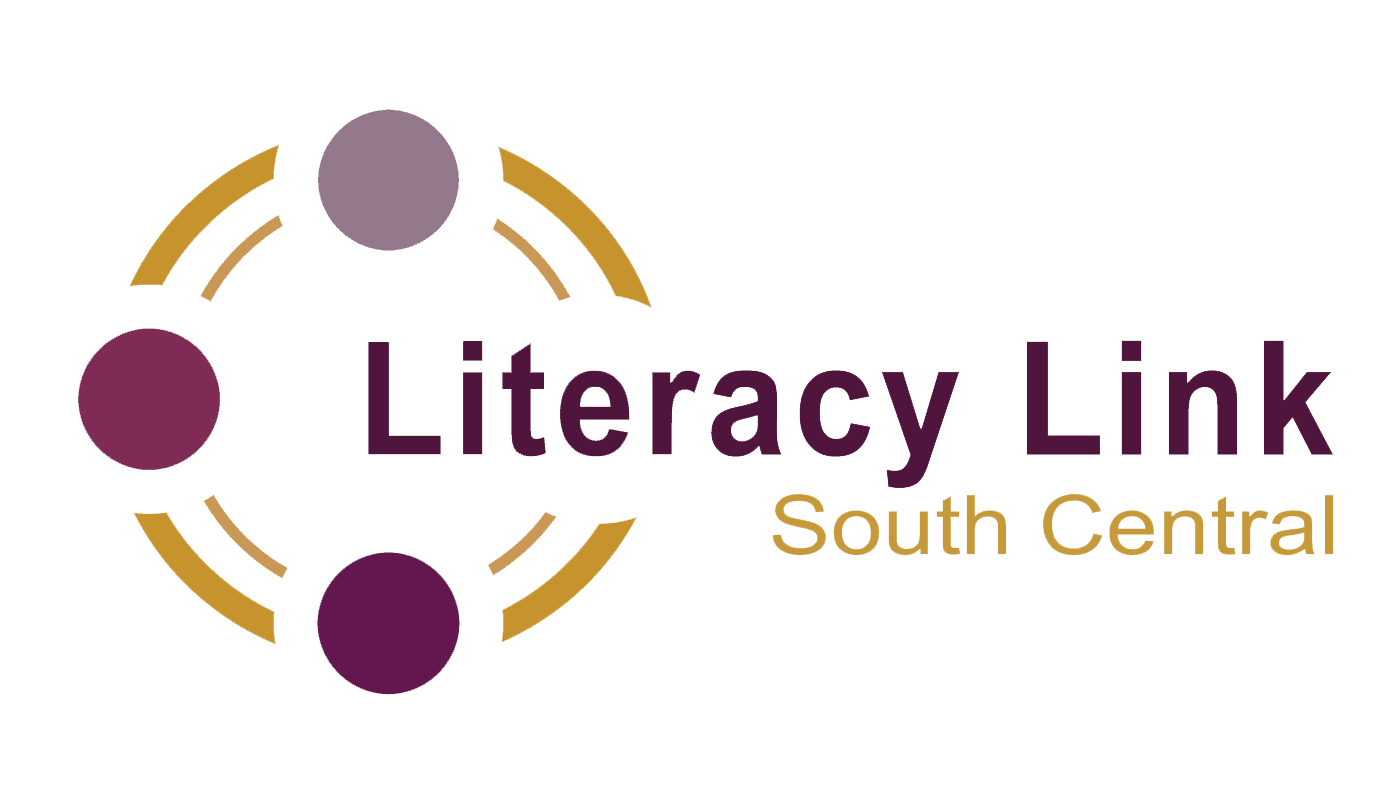Literacy Information
LITERACY FAQs
Q. What is literacy?
A. In the past, we talked about literacy as the skills needed to read and write. The definition of literacy has expanded to include many other foundational skills, including math, digital technology, and interpersonal skills.
“Literacy today means much more than the ability to read and write. To succeed economically and socially, adults need the ability to analyze information, understand abstract ideas and acquire many other complex life skills.” Canadian Council on Learning
Literacy skills are closely related to the Skills for Success. These are the nine skills identified by the Canadian government as being critical to succeeding in work, learning and life. The Skills for Success are:
- Adaptability
- Collaboration
- Communication
- Creativity and innovation
- Digital
- Numeracy
- Problem solving
- Reading
- Writing
Learn more about the Skills for Success here!
Q. What causes someone to have low literacy skills?
A. There are many reasons why someone might have low literacy skills. Here are just a few to consider:
- Upbringing (family moved frequently; family not supportive of learning; parent(s) had low literacy skills)
- Health (lack of attendance or inability to concentrate due to illness, injury, impacts of medication, lack of nutrition)
- Abuse (unable to focus at school)
- Unrecognized learning issues
- Undiagnosed learning disabilities
- Physical issues
- Forgetting a previously learned skill due to lack of practice
Q. Can someone with a high school diploma have low literacy skills?
A. Yes, it is very important to remember that education is not always an accurate indicator of a person's literacy skills! Sometimes people have a high school diploma but find they lack certain literacy skills. And someone might lack educational credentials but have very strong literacy skills. Although literacy skills and educational levels are related, they aren’t the same thing.
About Ontario’s literacy programs:
The provincially funded literacy programs are part of the Employment Ontario system of services. These FREE programs are designed to meet the diverse needs of our community and are specialized for those who are:
- Native/First Nations
- Francophone
- Deaf/Deaf Blind
- Anglophone
Programs are also often available for people with special needs and accommodations.
You’ll find Get SET (Skills, Education and Training) programs in a variety of settings, offered through school boards, colleges and community-based organizations.
Literacy Programs help people to build skills in the following areas:
- Finding and Using Information
- Communicating Ideas and Information
- Understanding and Using Numbers
- Using Digital Technology
- Managing (your own) Learning
- Engaging with Others
Literacy Research and Reports
Literacy: Why it Matters (September 2018)
http://www.communityliteracyofontario.ca/wp/wp-content/uploads/Literacy-Why-it-Matters-Digital.pdf
Adult Literacy In Canada - CUPE (March 2018)
https://cupe.ca/cupe-report-adult-literacy-canada
A stronger apprenticeship system for Ontario: Ontario's apprenticeship strategy
https://www.ontario.ca/page/stronger-apprenticeship-system-ontario-ontarios-apprenticeship-strategy
Strengthening Ontario’s Adult Education System (Dec 2017)
https://www.ontario.ca/page/strengthening-ontarios-adult-education-system
Literacy and Numeracy in Canada - ABC Life Literacy Canada
https://abclifeliteracy.ca/workplace-literacy-facts
Evaluation of the Literacy and Basic Skills (LBS) Program (November 2016) http://www.tcu.gov.on.ca/eng/eopg/publications/lbs-eval-report-2016-en.pdf
Learner Gains Research Project (December 2016)
www.tcu.gov.on.ca/eng/eopg/publications/lbs-lgrp-report-learner-gains-research-csc-en.pdf






